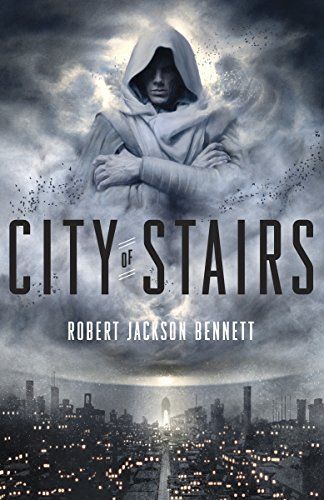
Reviews
Ada@adasel
Colleen@mirificmoxie
Sade A@bitterblue
Livia@livinginsolitude
Celeste Richardson@cecereadsandsings
Naomi J.@naomij
Alost@alosthargobind
Alice Hyman@booksforscee
Sarah Escorsa@shrimpy
priya@purpleflamingo
Sheila@duchess
Sahi K@sahibooknerd
Nat Welch@icco
Rina@lostcanticles
Luke Kanies@lak
Nickie Mohler@hazelreads1
Chantale@canadianbookaddict
Ben Nathan@benreadssff
Anna Pinto@ladyars
Michael Hessling@cherrypj
Apiecalypse Jen@chippedfang
Sunky@heysunny
Sunny@cyrodiilictomes
Bolorchuluun@bolorcln
Highlights
Apiecalypse Jen@chippedfang